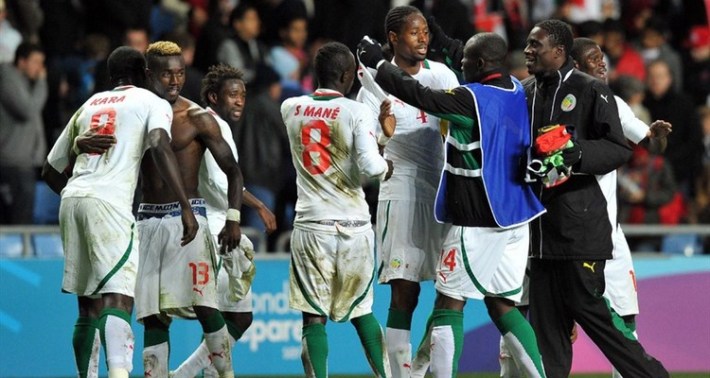This situation in Senegal during the 2014 World Cup is a striking—and somewhat humorous—example of football’s immense cultural power, especially in countries where the sport is deeply woven into the social fabric.
As Senegal prepares for local and municipal elections, it’s clear that the timing couldn’t be worse for politicians. With the global spectacle of the World Cup unfolding in Brazil, many Senegalese have shifted their focus away from campaign rallies and political discourse to the more immediate excitement and emotional investment of international football.
The people’s reasoning is revealing: frustration with politicians who “do not always tell the truth” and neglect national priorities—like the development of sport itself—has led to widespread disengagement from the electoral process. Football, by contrast, offers unity, passion, and a sense of pride that political campaigns often fail to deliver.
The image of political meetings being rescheduled around match times—and still struggling to draw crowds—underscores how deeply football captivates the national consciousness. As one local survey humorously concludes: “The World Cup has more activists than politics.”
This episode says a lot not only about Senegal but also about the broader role of sport as a mirror of public sentiment and a challenge to traditional political engagement. When trust in institutions wanes, people often turn to what brings them joy and solidarity—and in Senegal, that’s football.











